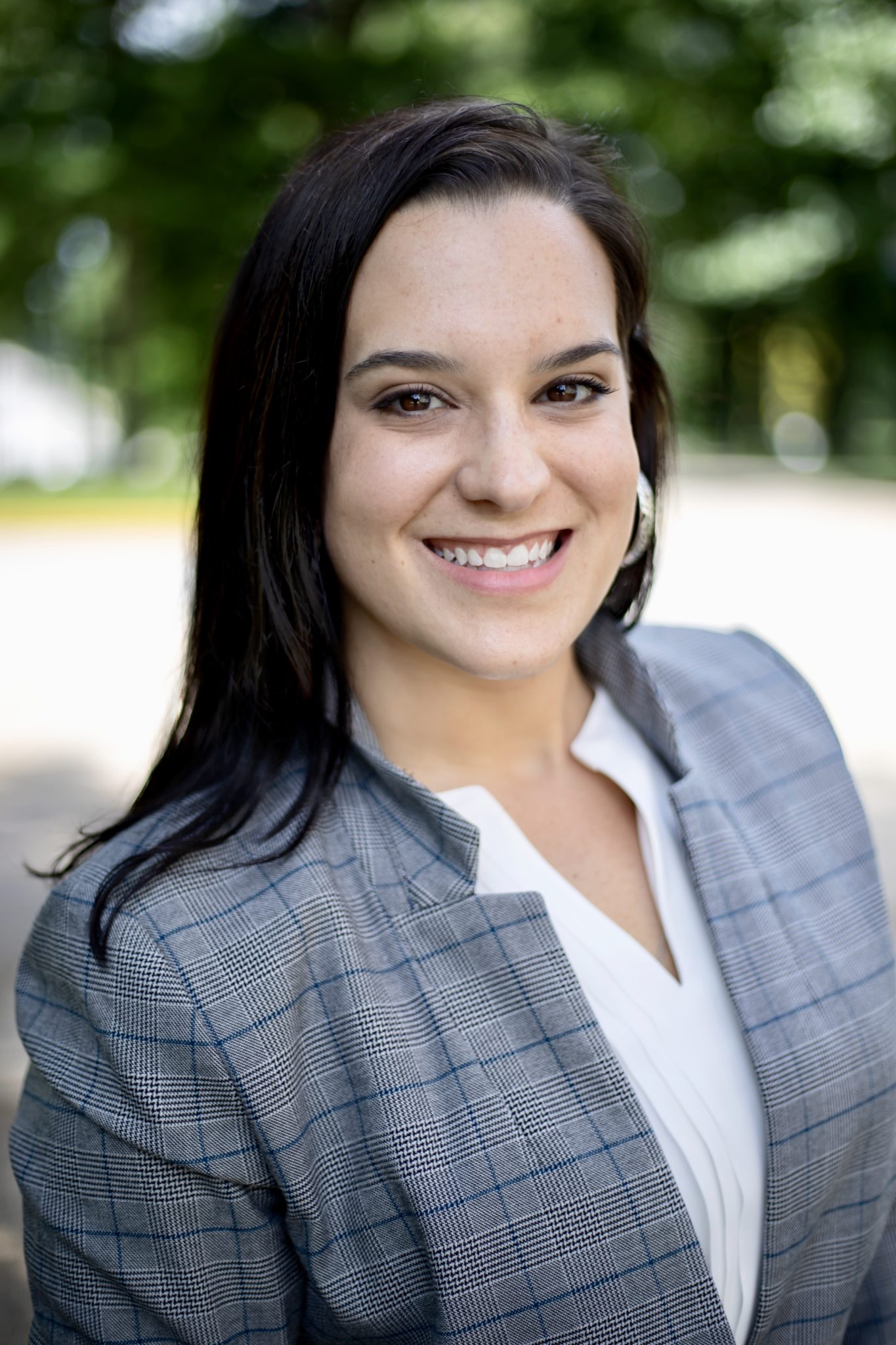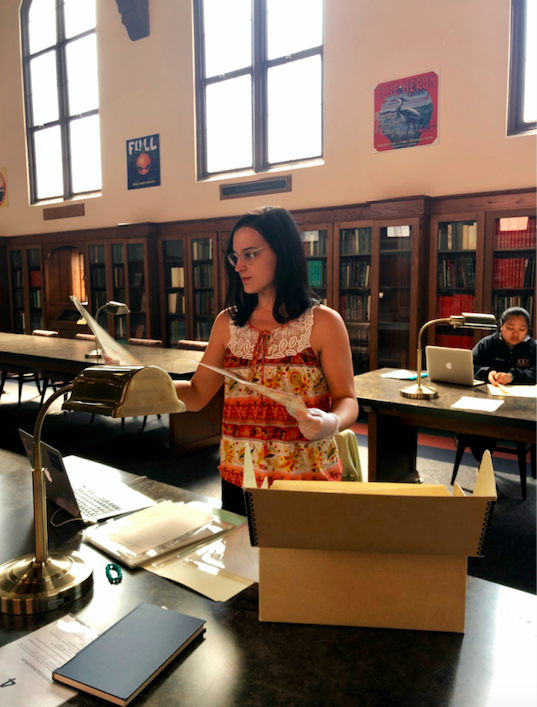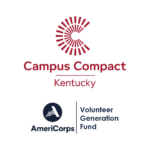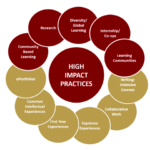KyCC Faculty Spotlight: Dr. Rachel Carr, Assistant Professor, Lindsey Wilson College
“Service-learning helps students see the value in the skills we learn and the issues we study.”
 Rachel Carr, Ph.D.
Rachel Carr, Ph.D.
Assistant Professor of English
Program Coordinator of Women’s and Gender Studies
Lindsey Wilson College
For Dr. Rachel Carr, service-learning means helping her students connect their work in the classroom to the world outside it.
“Service-learning helps students see the value in the skills we learn and the issues we study,” Dr. Carr shared. “It also helps them see how they belong to and are impacted by several communities, even ones they never felt connected with before.”
The incorporation of service-learning into her classes has connected her with the extraordinary student services staff at Lindsey Wilson College. Building these partnerships with the Civic Engagement team has improved her teaching while also improved student learning outcomes.
To ensure that service-learning is accessible and that she only sending students into the community who are excited and ready to do the work, Dr. Carr always makes these experiences an extra credit opportunity in her intro-level/general education courses.
“Before Covid-19, I asked freshmen writing students to incorporate their experiences with community-engaged learning into podcasts or documentaries that they made,” she described. “For example, students researching and writing about addiction treatment would interview local experts and volunteer at different centers. This helped them make connections between scholarly work and addiction issues in the local community.”
With the addition of hybrid learning, Dr. Carr has had students identify stakeholders in their chosen research topic and write letters based on their research essays. For example, students writing about how corporations should not use prison labor have written letters to their state representatives or the companies advocating for change. These actions help her students see how national or global policies affect their local communities, assist them in mastering genre conventions, and empower them to use their knowledge to advocate for change.
When asked to describe an experience relating to service-learning and civic engagement, Dr. Carr provided a powerful example.
“Through including service-learning in a documentary about addiction that my students did at the University of Kentucky, I learned that addiction affects college students far more than we realize,” she illustrated. “Realizing how many young people struggle has helped me be a more compassionate teacher and be a better resource for my students who may be struggling.”
It is the case that students involved in community-engaged learning overwhelmingly feel more connected to the communities they came from, new ones they are joining, and feel more passionate about learning new skills.
“It is a privilege to watch students become empowered and advocate for their communities,” Dr. Carr concluded.



